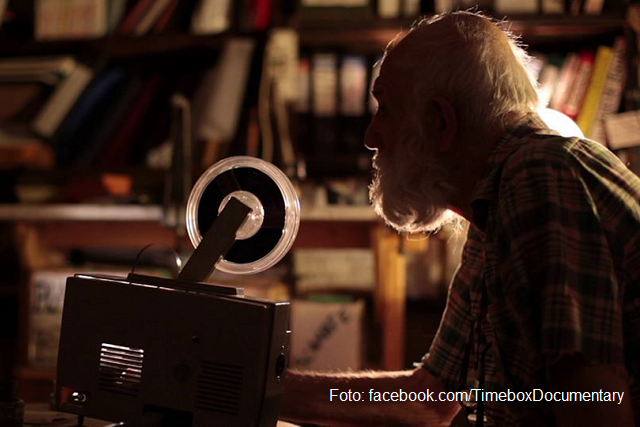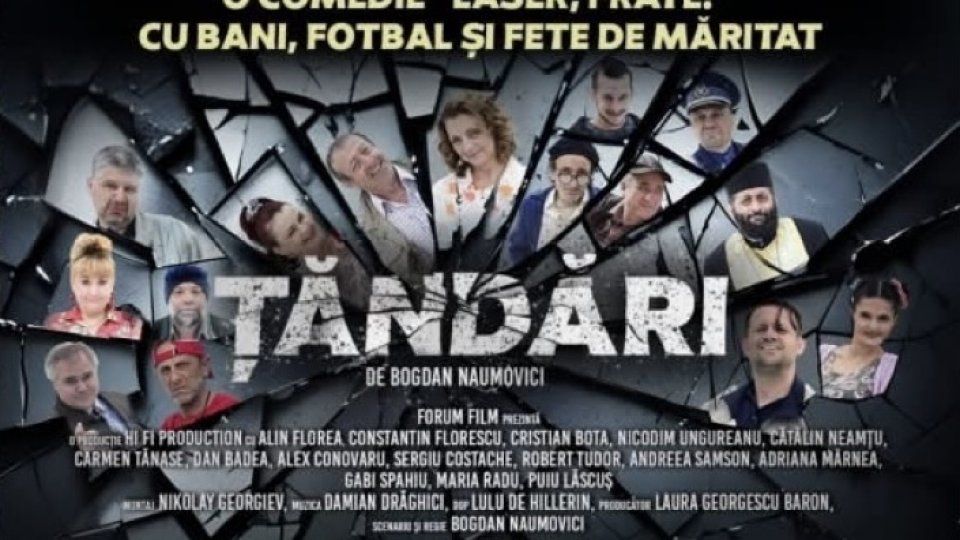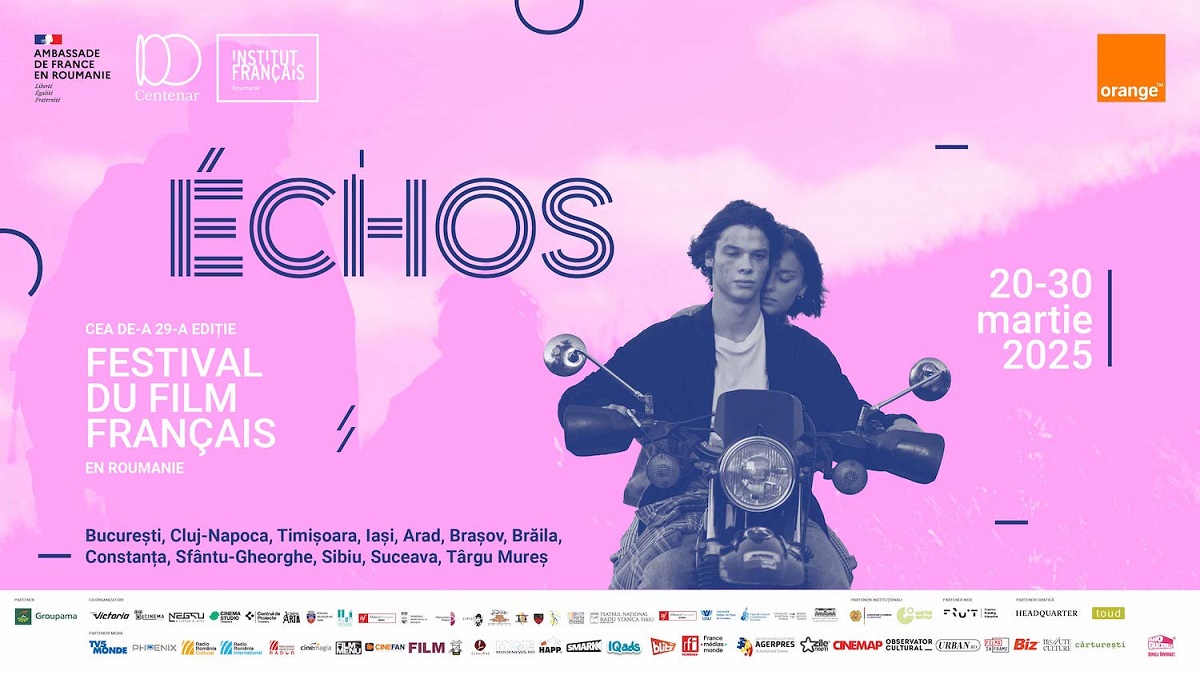The Documentary ‘Timebox’ by Nora Agapi
The documentary Timebox by Nora Agapi won the grand prize in the Between the Seas section, dedicated to Central and Eastern European documentaries at the Jihlava International Documentary Film Festival

Corina Sabău, 23.05.2020, 14:00
The documentary Timebox by Nora Agapi won the grand prize in the Between the Seas section, dedicated to Central and Eastern European documentaries at the Jihlava International Documentary Film Festival. The reason the jury gave was as follows: We have picked Timebox as the winning film for the depth with which it explores the weight and power of memory, but also due to the innovative directorial vision, and its volatile narrative strength. The film is profoundly personal, but the philosophical and political implications that are developed in the movie raise questions that go beyond the story line in itself. Timebox is one of the five documentaries nominated for the 14th edition of the Gopo Awards, which was supposed to be held in late March, and was delayed because of the coronavirus. Ioan Matei Agapi, the central character of the documentary, is a charismatic documentary filmmaker from Iasi, and is 80 years old. He has a collection of 16 mm movies that document almost 50 years of Romanian history. Nora Agapis intitial intention was to make a film about her fathers rich archive. But, starting when the authorities inform the old man that he has to move or be evacuated, Nora Agapis documentary takes a turn.
We talked to her about how the story line developed:
“Ill begin by saying that it is primarily a film about my father, because he had great influence over me along the years. He is a very strong personality, and I am not the only one to say it, but many young people trained by him, as a teacher of film and photography for many years, but one with a difference. He was preoccupied, in addition to photography, by philosophy, by the funny side of life, as a person with a lot of humor. At the same time, dad is a very daring person, who treated life as a form of theater. Which is why I started off from the idea of making a movie about dad, but it wasnt easy making a portrait of him. Because I was so close to the subject matter, I couldnt take distance. I chose to make the movie especially about the space in which I grew up, and about the way my father relates to that space. It is a film mostly about how father appears as a teacher and filmmaker, I would be afraid of using the word artist, because my father never liked the word artist, he never defined himself as an artist, he remains a very good documentary film maker, a master of composition and technique, but never wanted to define himself as an artist. At first I didnt want to appear in the movie, because it wasnt about me, or I didnt realize it was going to be about me too, but when you talk about ones father, there is no avoiding it.”
Nora started filming in 2011, but shortly after, in 2012, she realized she had to change the story. That is because the movie was not telling just the story of her fathers archive, but the story of the space it existed in , a house where she spent her childhood, and which Ioan Matei Agapi was forced by the authorities to leave, without a proper space to house the archive. Here is Nora Agapi once again:
“Its a long story, but to summarize, that space was a nationalized building where father held not only his archive, but he also held courses in film and photography. In the meantime, father turned that into a home too. After 1990, he didnt have the right to buy it, because it was a national heritage building, we are talking about the Braunstein Palace. So he continued to pay rent to the state, not knowing how things would turn out. In 2012, without warning, he got a letter in the mail in which City Hall wrote that he had to vacate the premises. He went to court over that. There followed four years of mental anguish, because father had to fight the narrow minded system, and face the lack of respect of the authorities, being an elderly man, at the same time a man who did something for the history of the city. I think this fight sustains very well the story, the movie focuses somewhat on this story line. Of course, I chose not to focus on this aspect, I didnt want this to be a social documentary. However, in the end I believe that father, the central character of the documentary, is also a symbol. A symbol of this fight that many of us face with things we disapprove of, with the narrow mindedness of those around us. I very much wanted to bring to light fathers creation, to rediscover his archive, and to unbox this recent history that he preserved with such care and love.”
In addition to Jihlava, Timebox was also granted awards at several other festivals, such as the 2019 TIFF, the Transylvania International Film Festival, where it got a special mention from the jury, and also in Kosovo, where it got the Best Film Award at the Balkan Dox competition. In cinemas in Romania the movie premiered in late 2019 at the Elvire Popesco Theater, with the director and producer in attendance.





























